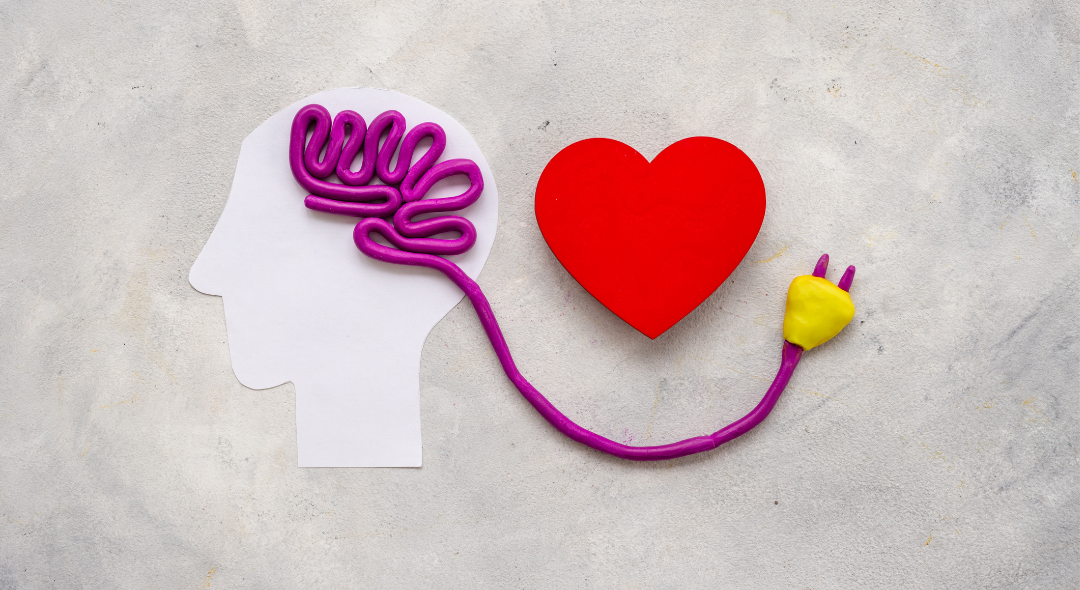We live in a world that glorifies hustle and productivity. The constant pressure to stay busy and accomplish more can make us view rest as a weakness and laziness as a personal failing. For years, I fell into this trap. Every time I felt exhausted, I berated myself with the same question: Why am I so lazy?
But everything changed when I reframed that question into something far more compassionate and insightful: Why does my body need so much rest right now? That simple shift not only altered my perspective but also transformed my mental health. Here’s how and why this change matters.

The Problem with Labeling Yourself as Lazy
When you label yourself as “lazy,” it creates a self-defeating cycle. You internalize guilt and shame for not meeting certain expectations, which only deepens feelings of inadequacy. Instead of addressing the root cause of your exhaustion, you focus on punishing yourself for needing rest.
This mindset doesn’t allow space for curiosity or understanding. It’s a rigid, judgmental approach that assumes the problem is you, rather than something external affecting your body or mind.
Listening to Your Body’s Signals
When I started asking why my body needed rest, everything shifted. Instead of seeing my fatigue as a personal failing, I began to view it as a message from my body. Maybe I was overworked. Maybe I wasn’t getting enough sleep, or perhaps I was emotionally drained.
This question opened the door to self-awareness. I realized that rest wasn’t just a physical need—it was emotional and mental too. I learned to respect my body’s signals rather than fighting against them.
The Role of Compassion in Mental Health
Compassion is a powerful tool for healing. When you approach yourself with curiosity instead of criticism, you create space for growth. Asking, “Why does my body need rest?” is a compassionate act. It’s a way of saying, “I hear you, and I’m here to help.”
This mindset shift made it easier for me to prioritize self-care without guilt. Instead of forcing myself to push through exhaustion, I started honoring my needs. Whether it was taking a nap, practicing mindfulness, or simply slowing down, I began to treat rest as a valid and necessary part of my well-being.
The Bigger Picture: Society’s Obsession with Productivity
One of the biggest realizations I had was that my “laziness” wasn’t the problem—society’s unrealistic standards were. We are conditioned to equate our worth with our productivity, and anything less feels like failure.
But rest is not laziness. Rest is recovery. It’s how we recharge, heal, and prepare ourselves to face life’s challenges. Recognizing this has been a game-changer for my mental health.
How This Shift Transformed My Life
- Improved Mental Health: I stopped feeling guilty for resting and started feeling grateful for the chance to recharge.
- Better Physical Health: I began prioritizing sleep, proper nutrition, and regular breaks, which led to fewer burnout episodes.
- Increased Self-Awareness: By asking why my body needed rest, I uncovered underlying issues like stress, poor boundaries, and emotional exhaustion.
- Deeper Self-Compassion: I learned to be kinder to myself, which improved my overall self-esteem and resilience.
Practical Steps to Reframe Your Mindset
If you’re stuck in the cycle of self-criticism and guilt, here are some steps to help you shift your perspective:
- Replace “lazy” with “tired”
The next time you feel unmotivated, try saying, “I’m tired” instead of “I’m lazy.” This small change validates your feelings without judgment. - Ask Yourself the Right Questions
Instead of “Why can’t I just do this?” try asking, “What do I need to feel ready to do this?” - Listen to Your Body
Pay attention to your physical and emotional cues. Are you hungry? Sleep-deprived? Overwhelmed? Address those needs first. - Set Realistic Expectations
Give yourself permission to rest without guilt. Rest doesn’t have to be earned; it’s a human need. - Challenge Societal Norms
Remind yourself that your worth is not tied to how much you accomplish. You are valuable simply because you exist.


